Policy Briefs
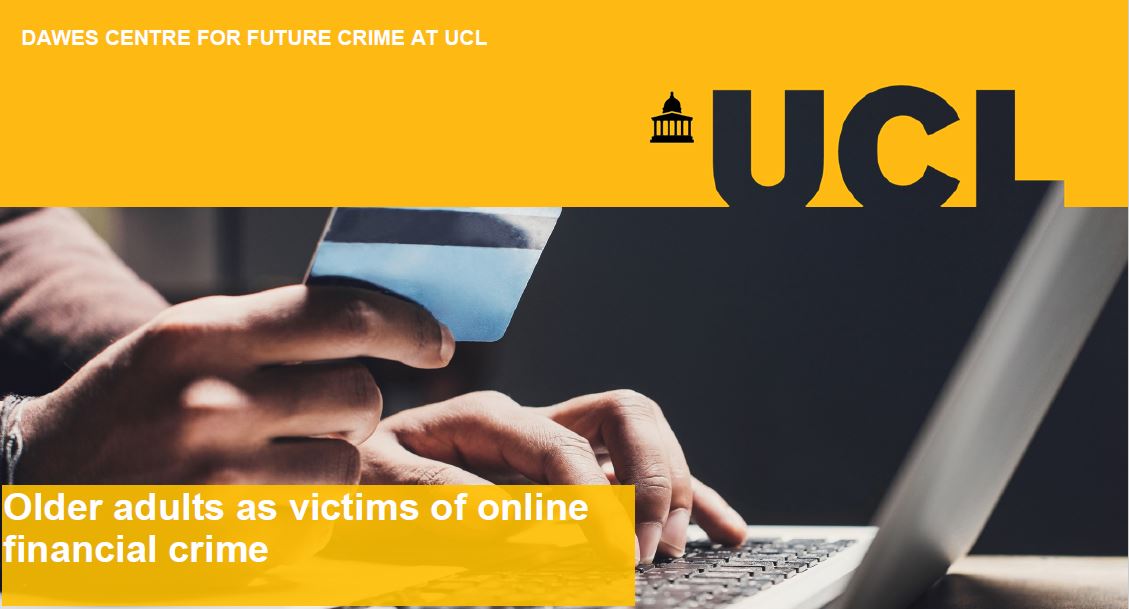
Policy brief: Older adults as victims of online financial crime
This briefing summarises research which explored how and why older adults become victims of online financial crime and investigate possible ways to address it, based on the findings of a literature review and cross-sector workshop.
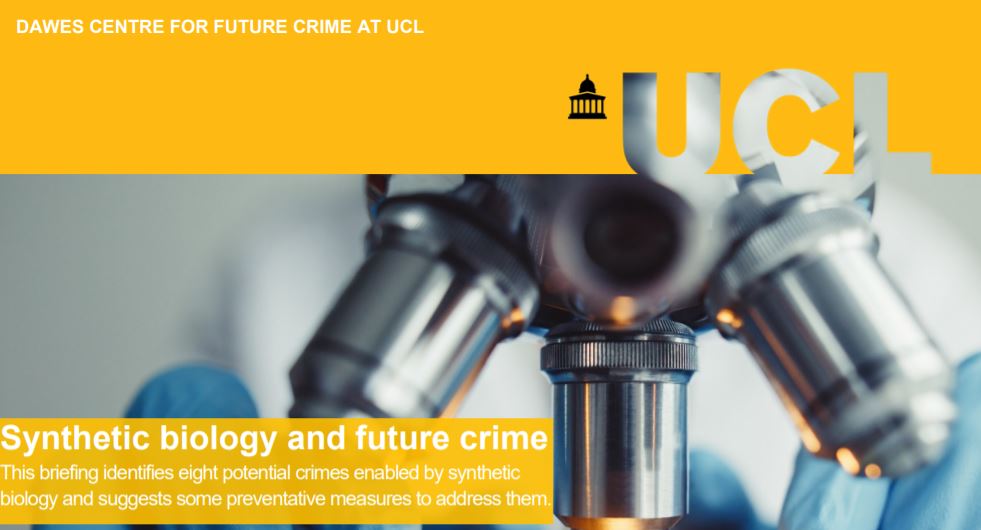
Policy brief: Synthetic biology and future crime
This briefing identifies eight potential crimes enabled by synthetic biology and suggests some preventative measures to address them.
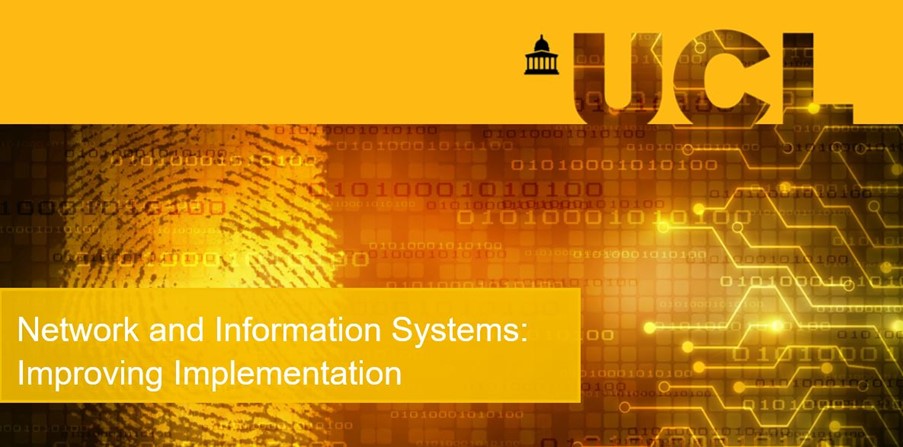
Policy report: Network and Information Systems: Improving Implementation
The Government should focus on cross-sector dependencies and improve its approach to assessing compliance if the cyber security of critical national infrastructure is to be improved.
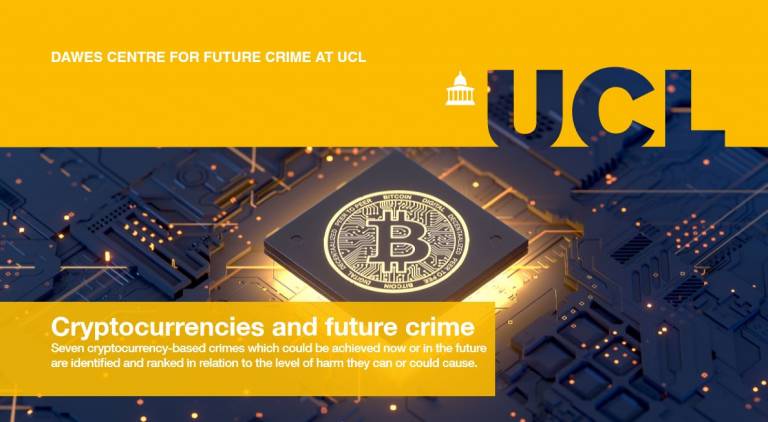
Policy brief: Cryptocurrencies and future crime
Cryptocurrencies are a form of digital or virtual currency that have become increasingly popular since Bitcoin, the first cryptocurrency, launched in 2009.
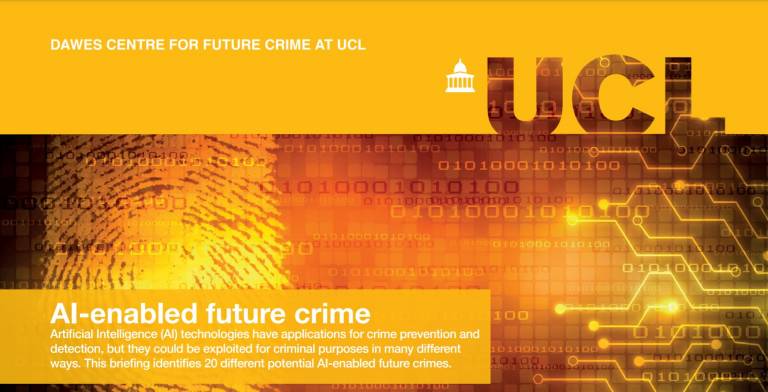
Policy brief: AI-enabled future crime
Artificial Intelligence (AI) technologies could be exploited for crime. This briefing ranks 20 potential AI-enabled future crimes. Fake audio and video content is perceived to be the biggest threat.

Policy brief: How secure is consumer IoT?
This research explored crime associated with the ‘Internet of Things’ (IoT), security features of devices and consumers’ willingness to pay for security.
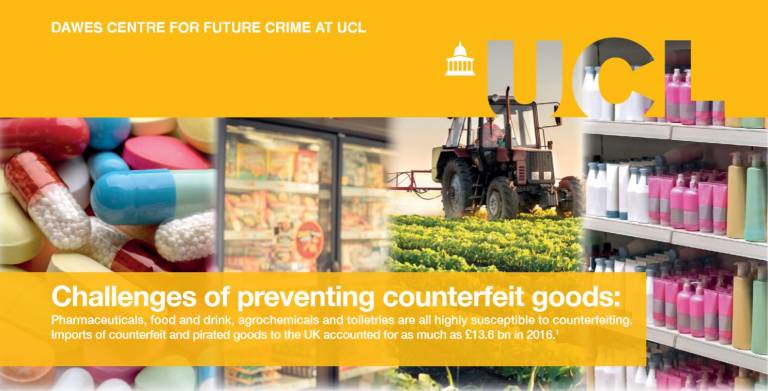
Policy brief: Challenges of preventing counterfeit goods
Pharmaceuticals, food & drink, agrochemicals & toiletries are all highly susceptible to counterfeiting. Imports of counterfeit & pirated goods to the UK accounted for as much as £13.6bn in 2016 (OECD).
 Close
Close

